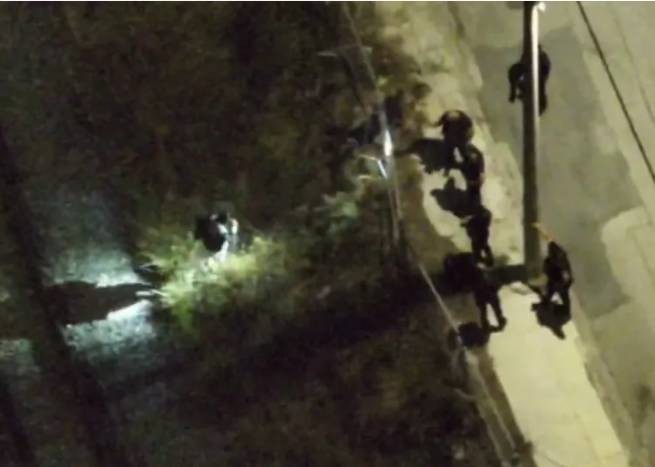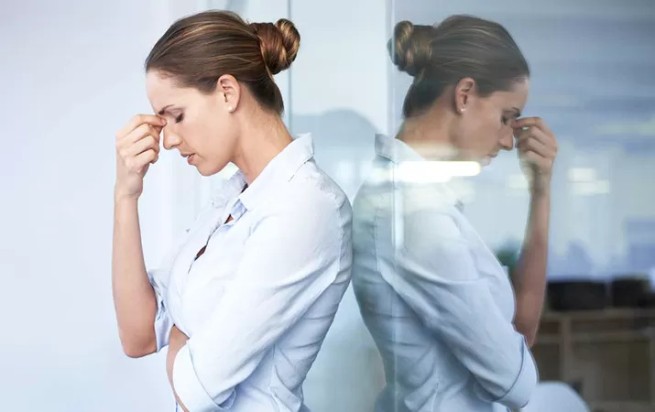In these rapidly changing times, when we face multiple crises – climate, economic and political – it can sometimes be difficult to find the strength to respond to them or even think about how we can prevent a future that causes us anxiety and fear.
Diane Solomon, a graduate of Harvard, Yale University (nurse-midwife) and Oregon Health and Science University (RN, Ph.D.), shares her experiences with Psychology Today about stress caused by things we can't control and how to cope with it.
She came up with the idea during the presidential election before Trump, while working in a city known for its liberal and progressive views. Many residents were unable to accept the election results, and she faced an influx of “frightened, stressed and devastated patients who were even considering leaving the country.” She had to help them find something positive to hold on to and get through the negative feelings.
That's when she came across the idea of circles of control, interest and influence – a theory based on the ancient philosophy of the Stoics and the work of social psychologist Kurt Lewin. This theory, introduced to the general public by Stephen Covey through his book The 7 Habits of Highly Effective People, offers a practical way to deal with feelings of overwhelm by focusing on what we can truly control.
Circle of Control
The model is simple: imagine three concentric circles. The smallest is the “circle of control,” which includes those few things over which we actually have control, such as our actions, thoughts, and reactions. “Almost everything else is outside our circle of control. No matter how hard we try, we can’t control them,” explains Solomon.
Although we cannot control external events or the behavior of others, we have a choice in how we respond to them: “We can’t control a co-worker who is chewing annoying gum, but we can put on headphones or ask him to stop.” By focusing on these controllable factors, we can relieve the anxiety and stress that comes from trying to influence things outside our sphere of influence.
Circle of influence
The second circle is the “circle of influence.” While not everything is under our control, there are areas where we can have some influence. For example, we cannot control the decisions made by employers or the government, but we can advocate for change, volunteer for important causes, participate in protests and elections, or influence others to take positive action. However, even within this cycle, it is important to remember that our impact is limited and the results are uncertain, Solomon emphasizes. Understanding this fact helps us avoid disappointment when things don't go according to our plan.
The Worry Cycle
The largest circle is the “circle of worry”, which includes everything that worries us but is completely beyond our control. These include global issues such as climate change, election results, hate crimes, congenital childhood diseases or social injustice.
Although these are important issues, Paying too much attention to them can lead to feelings of powerlessness and depletion of emotional energy. Solomon emphasizes that focusing too much on this outer circle mathematically leads to frustration and anxiety, since we cannot control much of what happens in this area.
Stop trying in vain
According to Solomon, the key to reducing stress is to recognize situations where we allow ourselves to become overwhelmed by anxiety over things we cannot control and thus try in vain to influence them. Instead, “the more time and energy you spend thinking about things within your circle of control. Take a break from obsessive thoughts: call someone (a friend), take a short walk and “reboot.” This focus shift helps us feel more grounded and strong even in uncertain times.







More Stories
50-year-old Victoria Beckham and her sexual message
Athena Onassis is unrecognizable: how she has changed "golden heiress" on the verge of 40th anniversary
Christmas one-time benefit: 930 thousand low-income pensioners remain "aside"